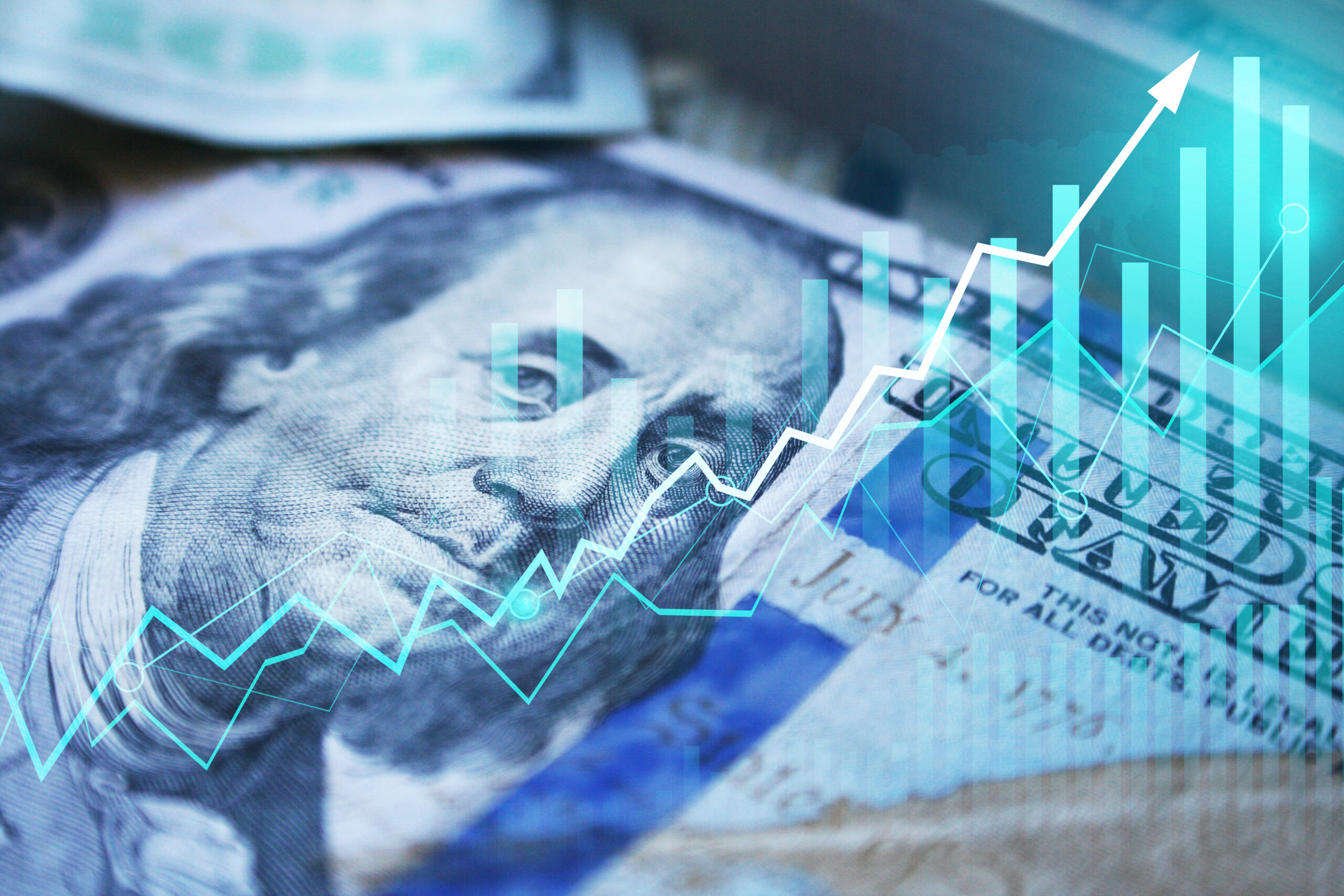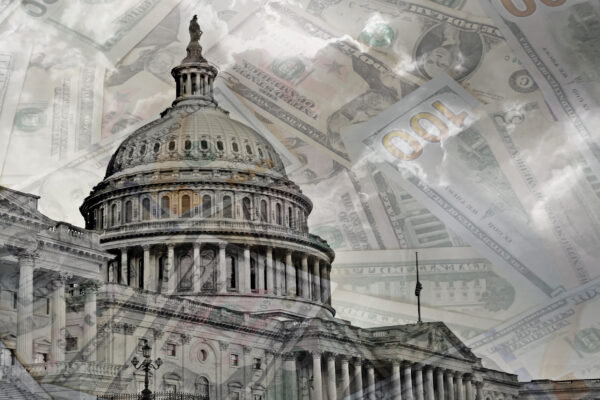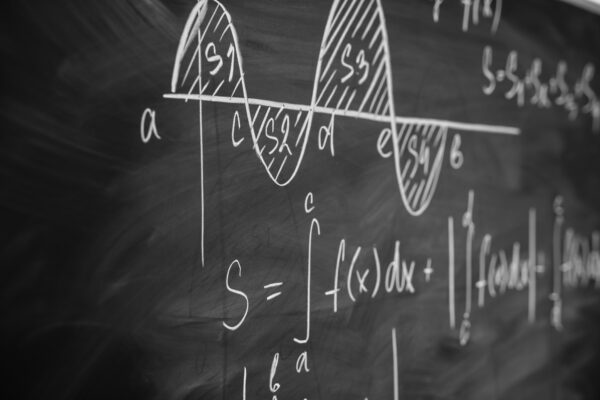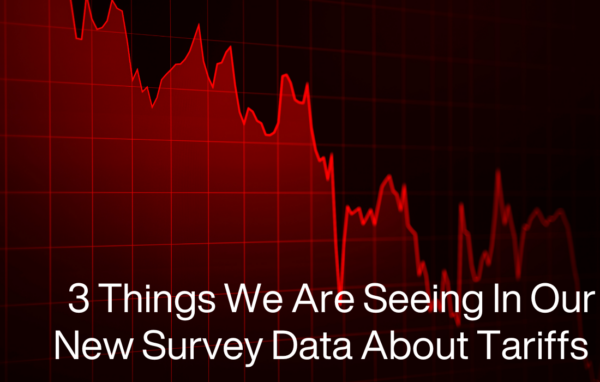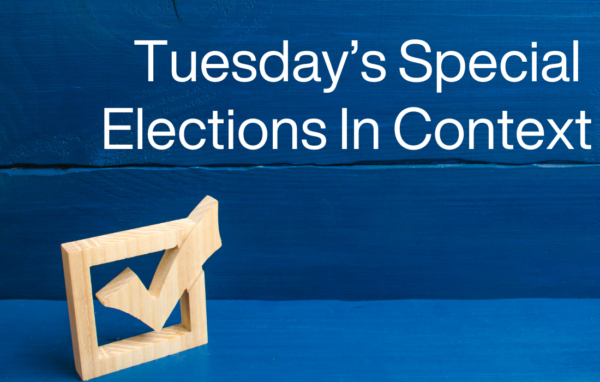One of the key areas of concern for the Biden administration heading to the election this fall is inflation. Axios reported yesterday that the White House released a memo on inflation, detailing what it is doing to help address rising costs. “It’s an attempt,” as Axios says, “to tell Americans that the White House is focused on bringing prices down at a time when voters are unhappy with the economy, and hold the president responsible for inflation.”
As we’ve written before, some commentators have tried to dismiss the muted economic outlook as partisan, though data shows it’s not just Republicans who are down on the economy and unhappy with the way Biden has handled it. But are there differences for voters of varying levels of education? Trending data from Winning the Issues going back to the first month of Biden’s presidency (February 2021) allows us to look at this question over time and in the context of other economic events.
In the beginning, voters of all levels of education approved of the way Biden was handling the economy, though voters with a postgraduate education were clearly the most approving (69% approve), compared to those with a bachelor’s degree (56%), or those with at most an associate’s degree or some college experience (51%). At that time, the CPI was 1.7%.
Following that point, however, we can observe a steady decline in the percent saying they approved of the way Biden was handling the economy, especially among those without a bachelor’s degree. Those with a bachelor’s degree remained moderately positive until October of 2021 (48% approve), the first time that less than a majority of this group said they approved of how Biden was doing.

Those with a postgraduate education remained more or less very positive until early 2022. But in July 2022, each group reached their low point of job approval (30% approve among those with less than a bachelor’s degree, 35% among those with a bachelor’s degree, 38% among those with a postgraduate education). The month before, inflation had peaked at 9.1%.
Since then, generally speaking, voters with a postgraduate education have tracked more closely with those who have bachelor’s degrees, and none of the three groups have had more than 50% approve of Biden’s job on the economy since April 2022. In other words, voters’ views of the president on the economy, while still negative, have reached an equilibrium over the last several months. This is in keeping with the CPI. After its peak in June 2022, inflation eased somewhat, reaching 3% in June 2023. But it hasn’t moved much since, marking 11 consecutive months of 3% or more inflation since the apparent moderation last June. Overall, inflation has been at or above 3% for 37 consecutive months.

